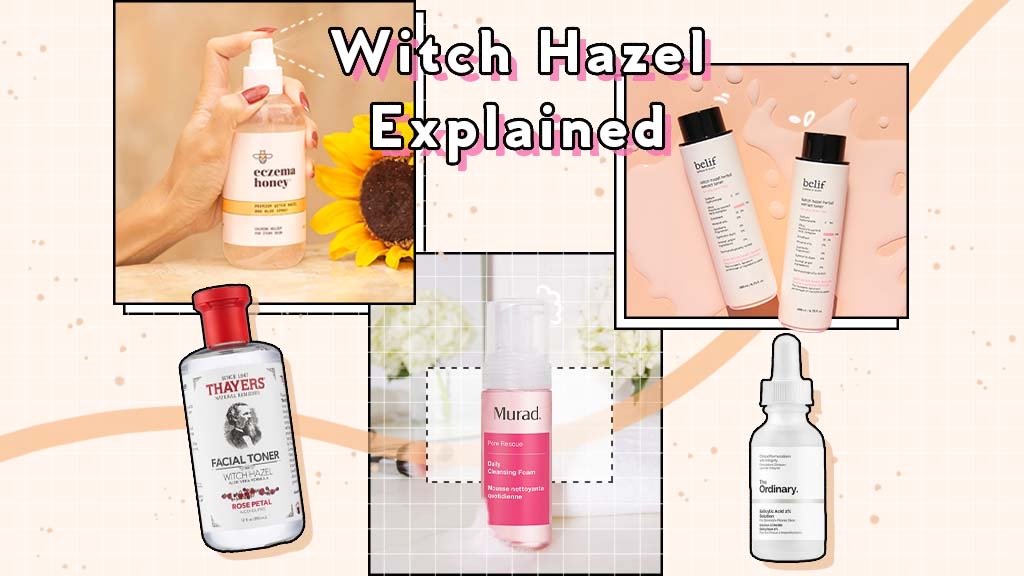
You might have seen witch hazel pop up here and there while searching for the perfect treatment to clear up your skin. It’s been the shining ingredient when it comes to certain drugstore and classic acne-prone toners. It’s even found in scalp treatments. But why is it there, and should we use witch hazel for acne? Better question, is it safe to use on the face? Let’s break it down!
What is Witch Hazel?
This botanical extract comes from a flowering plant – Hammamelis virginiana – located in North America and parts of Asia. The leaves and bark are then processed to make the clear liquid you know it to be.
It’s actually an age-old remedy that’s been used to soothe and treat a number of conditions, from insect bites to hemmorhoids. Now it’s commonly applied to de-puff the eyes, cleanse, remove makeup, and, of course, fight against acne. It’s also said to help remove excess sebum. How, you ask? Well, many of these benefits are due to the tannins within witch hazel known for their astringent and anti-inflammatory properties.
How to Incorporate Witch Hazel Into Your Routine?
Witch hazel is usually found in the form of toners. All you have to do is gently apply with a seeped cotton pad after cleansing, and the benefits will come. But like many of your acne-fighting ingredients, witch hazel is definitely not a one-product-only type of agent. You can be sure to find it in cleansers, moisturizers, spot treatments, and masks. Basically, every single step of your skincare routine.
Who Can Use It?
Bad news – witch hazel is NOT for everyone! It can be quite drying and irritating to some, especially to those with sensitive, sensitized, and dry skin types. For that reason, we suggest you use it only if you have really oily and/or acne-prone skin.
As always, if you’re new to any ingredient, it’s always best to patch test before using. That way, you can tell if the rest of your skin reacts well to it or not.
Is It Safe?
The answer is yes and no. Witch hazel might help a lot now, but it’s only a short-term solution. In the long-run, this ingredient might cause reactions you might not expect or worsen certain skin conditions. Make sure to do your research so you know what you and your skin are getting into!
Product Recommendations
Shop our curated witch hazel skincare products on Beauty Within Shop: https://shop.beautywithinofficial.com/collections/witch-hazel
Subscribe to our Youtube Channel for more information and product recommendations: youtube.com/c/BeautyWithin

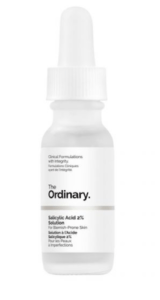
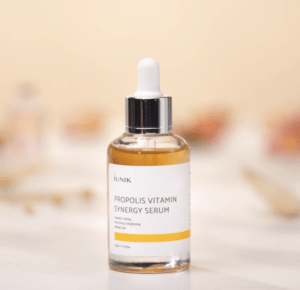
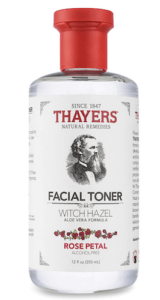
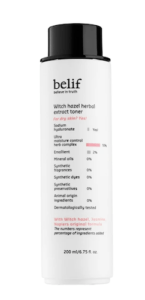
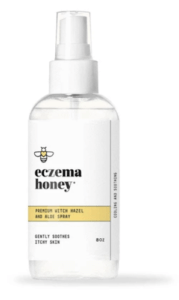

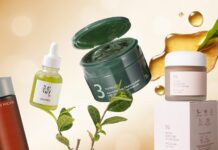

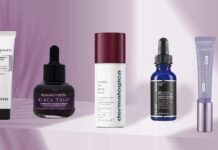

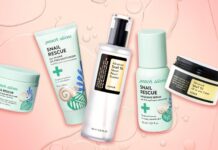
What do you do if you have acne prone, dry skin? I have such trouble treating my acne and dry skin at the same time! Help!
Hi Isabella!
For dry, acne-prone skin, I suggest incorporating hyaluronic acid and ceramides into your routine to really hydrate and strengthen your skin barrier. Something else to consider is getting an acne treatment that’s not too harsh or drying on the skin. I would look into chemical acids, like AHAs and PHAs. More importantly is finding a good moisturizer to seal everything in. Some gel moisturizers/creams might do the trick since they’re lighter in consistency while still providing your skin the hydration and moisture that it needs. Overall, see that your routine is as gentle and replenishing as possible. Remember, these are just tips. For more detailed information and a plan, I recommend a professional dermatologist/consultant.
Hope this helps!
If witch hazel is a short term fix for acne, what would you suggest to use if acne dies down due to using witch hazel? Do i stop using it completely?
Hi Iris!
The great thing about skincare is that there are a number of ingredients to choose from that can help with acne. Witch hazel can definitely help, but if you’re looking for something more long-term, I recommend ingredients like niacinamide and/or salicylic acid. Anything hydrating is also a plus.
Hope this helps!